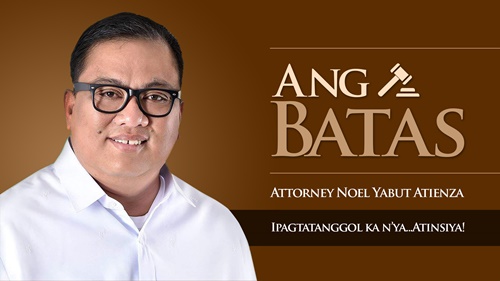A sole proprietorship also referred to as a sole trader or a proprietorship, is an unincorporated business that has just one owner who pays personal income tax on profits earned from the business.
A sole proprietorship is the easiest type of business to establish or take apart, due to a lack of government regulation. As such, these types of businesses are very popular among sole owners of businesses, individual self-contractors, and consultants. Many sole proprietors do business under their own names because creating a separate business or trade name isn’t necessary.
The main benefits of the sole proprietorship are the pass-through tax advantage mentioned before, the ease of creation, and the low fees of creation and maintenance. The disadvantages of a sole proprietorship are the unlimited liability that goes beyond the business to the owner, and the difficulty in getting capital funding, specifically through established channels, such as issuing equity and obtaining bank loans or lines of credit.
The establishment, management and operations of this form of business organization is not governed by a special law, unlike in the case of corporations.
However, resort to general laws governing civil obligations and contracts or business and commercial transactions may be made.
As a general rule, foreigners may put up single proprietorship business in the Philippines in industries where the constitution and the laws do not impose any restriction or limitation on ownership equity.
In the event that non-Philippine nationals are not allowed to form single proprietorship business in a particular industry, he may still proceed with his business venture through other forms of business organizations such as corporation, partnership or joint venture.
A single proprietorship is the simplest form of business organization in the Philippines. It is not encumbered by the strict regulatory laws and rules imposed upon corporations and partnerships.
Government registration of a single proprietorship business is simple. It is made through the Bureau of Trade Regulation and Consumer Protection of the Department of Trade and Industry [DTI].
The single proprietor has unlimited liability in the sense that creditors of his business may proceed not only against the assets and property of his business but after his own personal assets and property. Creditors with whom he had incurred personal debts may also run after the assets and property of his single proprietorship business. Simply put, the law does not make any distinction between his personal affairs and his business transactions. Before the eyes of the law, they are one and the same, his business being a mere extension of his person.
Basic Requirements and Procedure in Registering a Sole Proprietor Business
- Register a business name at Department of Trade and Industry. Come-up with three (3) business names
- Registration with Barangay
- Register your business in the Mayor’s Office
- Register your business in the Bureau of Internal Revenue (BIR)
The 8% tax is applicable only to self-employed individuals (sole proprietors and professionals) whose gross receipts or gross sales and other non-operating income for the year do not exceed the three million pesos (P3,000,000) value-added tax (VAT) threshold and are not subject to other types of percentage tax.
Sole Proprietorship examples include small businesses, such as a single person art studio, a local grocery, or an IT consultation service. The moment you start offering goods and services to others, you form a Sole Proprietorship. It’s that simple. Legally, there is no distinction bIn a sole proprietorship, there is no legal distinction between the individual and the business. … between you and your business.
Examples include writers and consultants, local restaurants and shops, and home-based businesses.
A sole proprietor may use a trade name or business name other than his or her legal name.
The biggest disadvantage of a sole proprietorship is the potential exposure to liability. In a sole proprietorship, the owner is personally liable for any debts or obligations of the business.
Owners are fully liable. If business debts become overwhelming, the individual owner’s finances will be impacted.
Self-employment taxes apply to sole proprietorships.
Business continuity ends with the death or departure of the owner.
Raising capital is difficult.
Understanding common businesses operated by sole proprietors can help you decide if it is the right structure for you.
- Run a Bookkeeping Business
- Provide Home Healthcare
- Be a Financial Planner
- Run a Landscaping Company
- Computer Repair Services
- Run a Catering Company
- Offer Housecleaning Services
- Be a Freelance Writer
Characteristics of Sole Proprietorship:
- Sole Proprietorship: The individual carries on business exclusively by and for himself
- Free from Legal Formalities
- Unlimited Liability
- Sole Management
- Secrecy
- Freedom regarding Selection of Business
- Proprietor and Proprietorship are One
In case of proprietorship, owner and business both are same as the proprietor is only the sole owner of the business. Hence separate legal entity concept does not applies in the proprietorship business.

